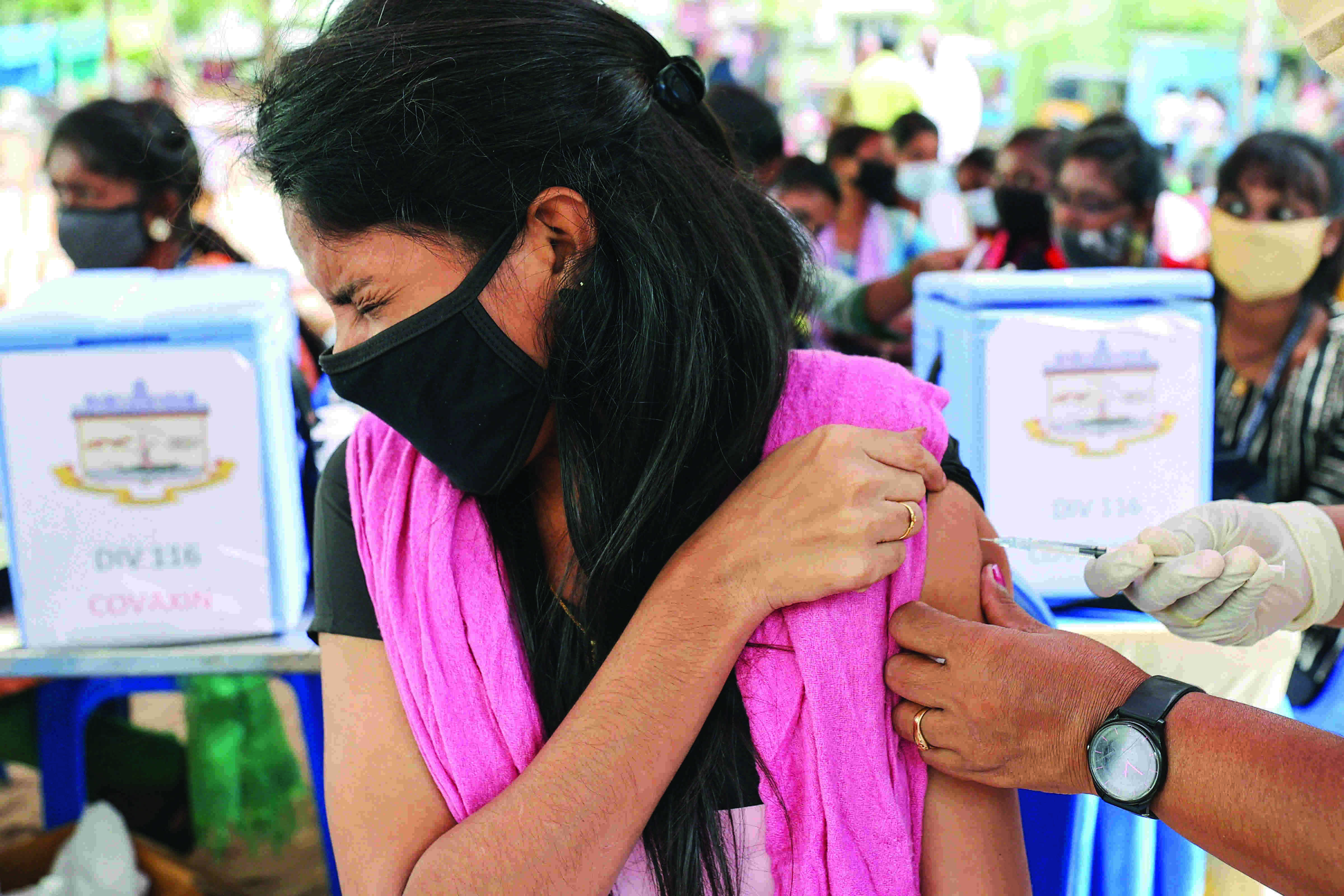'No clear evidence yet on transmissibility, immune evasion, severity in India'

New Delhi: There is no clear evidence yet on the transmissibility, immune evasion or severity of Omicron in India, said Indian SARS-CoV-2 Genomics Consortium (INSACOG) in its latest bulletin while noting that the variant continues to grow rapidly as a variant of concern globally.
The bulletin, dated December 13 and published on Monday, said public health measures and investigations are being conducted to look into the new variant.
"At this time, there is no clear evidence regarding transmissibility, immune evasion, or severity in India," INSACOG said.
It further said that while the Delta variant, including its B.1.617.2 (AY) and AY.x sublineages, continues to be the main variant of concern globally, Omicron continues to grow rapidly.
"Cases have continued to increase in South Africa, with a smaller but clear rise in hospitalizations. Pending complete genomic sequencing, in the UK, S-gene target failure has shown a very rapid increase in likely Omicron cases and this would represent a significant growth advantage against Delta," the INSACOG said.
The consortium said that while there are some indicators that the disease may be milder with Omicron, there is insufficient data to determine whether this is because of prior infections or vaccination.
"There is insufficient data for Omicron severity in unvaccinated or partially vaccinated older subjects," INSACOG said.




